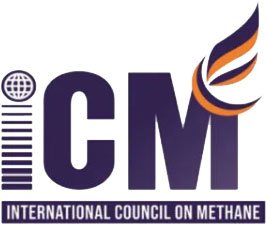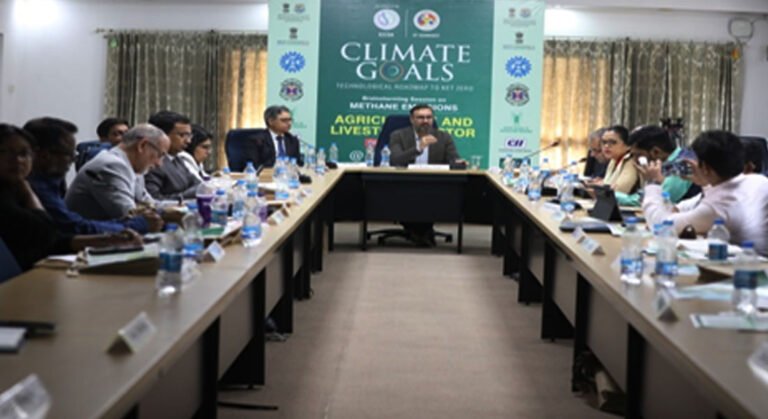This activity addressed methane emissions from agriculture and livestock as well as discussed control measures and policy implications. It focused on the following important points for controlling methane in the agriculture and livestock sectors:
- Science and technological interventions with respect to the status of methane emissions and its measurement in these sectors.
- Opportunities in capturing and utilizing methane emissions through known processes for control and needs of R & D.
- Community implications related to science and technological interventions, their adoption and associated challenges
- Financial/Policy implications of the available national and international support.
- Strengthening Climate-Smart and Regenerative Agriculture and active research partnership with farmers: Enhancing soil health, biodiversity, and water efficiency with Farmers knowledge and experience for reduction of GHG emissions
- Exploring Low-Cost Solutions: Making sustainable practices accessible to farmers, especially those in developing countries, is essential.
- Development of Regulatory Framework: Policy measures are necessary to incentivize and enforce sustainable agricultural practices.
- Carbon Sequestration: Practices like afforestation, reforestation, and soil carbon sequestration can help remove carbon dioxide from the atmosphere and store it in vegetation and soil.
- Adopting Carbon Credit Programs: Carbon credits provide financial incentives for farmers to adopt climate-friendly practices and can help offset emissions from agricultural activities.
- Cultivars of Choice and Fertilizers: Selecting crop varieties and fertilizers that are well-suited to local conditions can increase productivity while minimizing environmental impacts.
- Utilization of Remote Sensing and Modern ICT Tools: Remote sensing technologies and UAVs (Unmanned Aerial Vehicles) can provide valuable data for monitoring land use, soil health, and crop performance.
- Dietary Manipulation and Rumen Microbiome Modulation: By altering the composition of feed and targeting methane-producing microbes in the rumen to reduce methane emissions without compromising animal health or productivity.
- Genome Sequencing of Rumen Microorganisms: Understanding the genetic makeup of rumen microbes can inform targeted interventions for methane mitigation. This could involve the development of bacteriophages or probiotics tailored to inhibit methane production.






